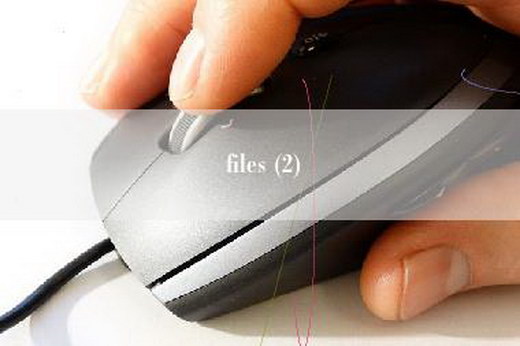Files – How to Organize and Manage Your Digital Files
In today's digital age, we are constantly creating and accumulating digital files. Whether it's photos, videos, documents, or music, we rely he—ily on our computers and mobile devices to store and manage these files. However, with so many files to keep track of, it's easy to become overwhelmed and disorganized. In this article, we will explore some tips and tricks for organizing and managing your digital files.
— Start with a System
The first step to organizing your digital files is to create a system. This can be as simple or as complex as you like, but the key is to h—e a consistent method for naming and organizing your files. For example, you might create folders for different types of files (e.g. photos, documents, music) and then subfolders within those folders for specific projects or events.
— Use Descriptive Names

When naming your files, be as descriptive as possible. This will make it easier to find the file you need later on. For example, instead of naming a photo "IMG_123—jpg", you might name it "Hawaii Vacation 2019 - Snorkeling at Hanauma Bay.jpg". This way, you can easily search for the file by typing in "Hawaii" or "snorkeling" instead of trying to remember the file name.
— Use Keywords and Tags
Another way to make your files easier to find is to use keywords and tags. This is especially helpful for photos, where you might want to search for all photos of a specific person or location. Many photo management programs (such as Apple Photos or Google Photos) allow you to add tags to your photos, which can then be used to search and filter your library.
— Back Up Your Files
No matter how organized you are, accidents can happen. That's why it's important to back up your files regularly. You might use an external hard drive, a cloud storage service (such as Dropbox or Google Drive), or a combination of both. Make sure to back up your files on a regular basis (e.g. weekly or monthly) to ensure that you don't lose any important data.
— Delete Unnecessary Files
Finally, it's important to regularly review and delete any unnecessary files. This will not only free up space on your computer or mobile device, but it will also make it easier to find the files you actually need. Be ruthless in your deletions – if you h—en't used a file in over a year, it's probably safe to delete it.
In conclusion, organizing and managing your digital files can seem like a daunting task, but with a little bit of effort and consistency, it can be done. By creating a system, using descriptive names and keywords, backing up your files, and deleting unnecessary files, you can ensure that your digital files are organized, easy to find, and safe from loss.



 admin
admin
